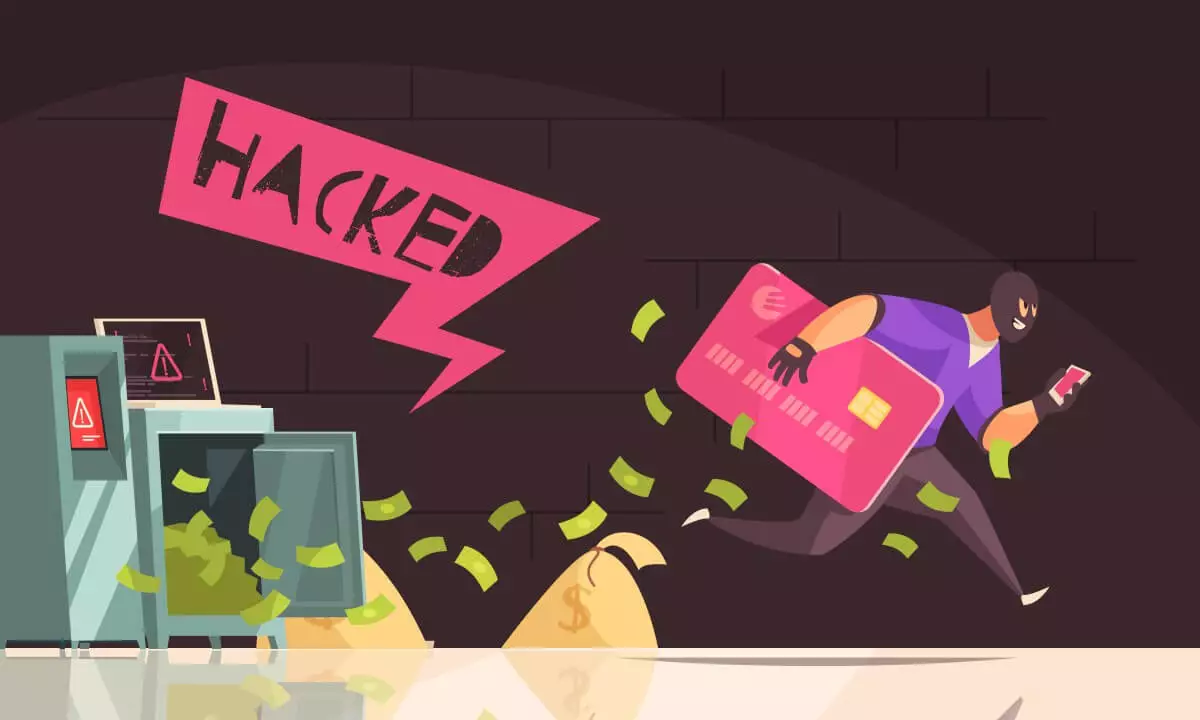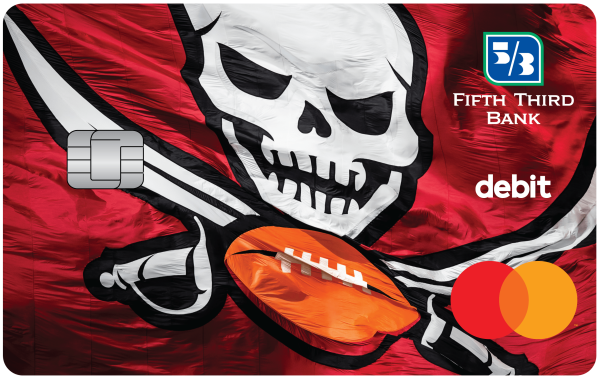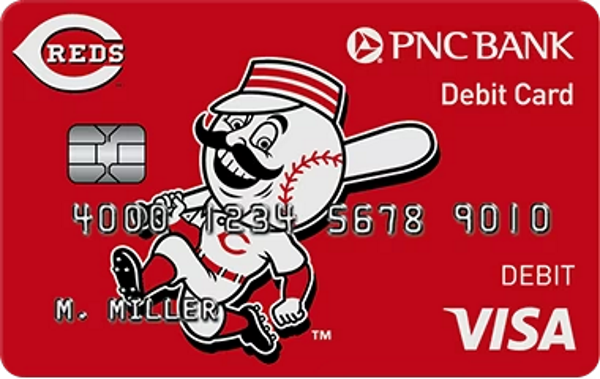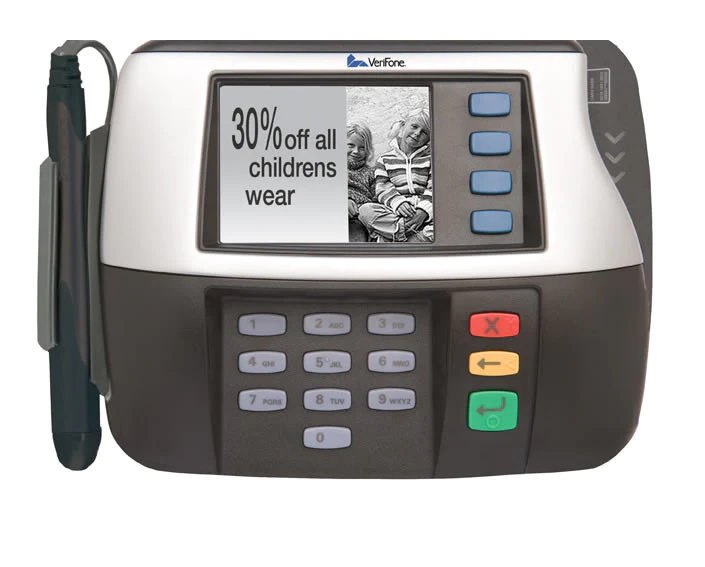
Many different ways can be used to steal your identity and commit fraud. Personal information can be used to file a tax return, take out a payday loan, or even take control of your accounts by changing your mailing address to a mailing address controlled by a criminal.
Thieves open a credit card account in your name, which is another type of fraud. New credit card account fraud was so prevalent in 2020 that it accounted for 30% of all identity theft complaints, according to new data from the Insurance Information Institute (III).
In 2020, the FTC received nearly half a million complaints about imposter scams, the second most common type of complaint.
In the event that you’re the victim of this type of fraud, you do have recourse. Aside from checking your credit card statements, you can also take steps to prevent someone from opening a credit card in your name.
Join the Accepted Platinum Credit Card Rewards Program!
Table of Contents
5 Steps Take if Someone Opens a Credit Card in Your Name
In the United States, identity theft cases are reported every year. As a victim, it doesn’t mean that you’re to blame if something bad happens to you. Criminals go to great lengths to open a fraudulent credit card using your personal information.
That being the case, it is imperative that you take action immediately if you notice that your credit score has dropped due to unauthorized accounts or missed payments on your statement.
If someone opens a credit card account in your name without your permission, you can close your credit card account and prevent further fraud by following these five steps.
#1 Contact The Fraud Department Of Your Credit Card Company
As soon as possible, notify the credit card issuer that someone has opened a fraudulent account in your name. To avoid falling victim to a phishing scam, don’t call the number provided in any correspondence that appears to be from the issuer.
Instead, visit the issuer’s website and dial the customer service number provided. In some cases, you may need to call the issuer multiple times to get everything back, so keep a record of what the customer service representatives say.
In order to prevent the thief from racking up more debt in your name, you should ask the issuer to close the account while it investigates the fraud. For now, at least ask them to put a hold or freeze on any new charges that may come through.
#2 Report The Identity Theft To Federal Trade Commission (FTC)
Consumers are protected from identity theft and antitrust violations by the FTC. Contact the company’s customer service department and file a complaint.
It is possible to get a report from the FTC even though they don’t pursue criminal charges. Using this report, you can obtain a free credit freeze.
You may also be referred to other private or public organizations by the FTC for further action.
Information provided by the Federal Trade Commission (FTC) aids law enforcement in their efforts. They use a form to collect information on identity theft that can be used to prosecute those involved.
#3 Consider Credit Freeze Or A Fraud Alert
If you’ve been the victim of identity theft, you should take the necessary steps to keep the fraudster from using your name to open additional credit cards in your name. There are two ways to do this: a credit freeze and a fraud alert.
Credit Freeze
A lender needs to look into your credit history before approving a credit account in your name. As a result, you can put a hold on your account before you even notify them of the identity theft.
Credit card companies will not be able to get their hands on your credit reports if you opt out of this service.
TransUnion, Equifax, and Experian all need to be notified in order for the credit freeze to take effect.
Once you freeze your account, you may not be able to get any more credit in the future either.
It’s possible to encounter difficulties when you open a utility account, apply for a new apartment, or begin looking for work. When you need a temporary lift, you should always ask for it.
Depending on your state, you may be charged a fee for requesting a credit freeze. However, if you have a valid FTC investigation report, you can get it for free.
Fraud Alert:
There is an initial and extended fraud alert.
Initial Fraud Alert
The initial fraud alert remains on your credit report for a period of 90 days and alerts lenders to the possibility of ID theft.
Your identity must be verified before lenders can open a credit card account under your name.
You only need to notify one of the three major credit bureaus to begin the process of alerting the others.
However, you can renew as many times as you like after the 90-day period has passed.
Extended Fraud Alert
In contrast to the initial fraud alert, this extended alert is valid for seven years. An extended fraud alert is a good option if you want to keep your credit account safe for a longer period of time without having to renew it every 90 days.
This extended fraud alert cannot be implemented until you provide a copy of the incident or investigation report that you filed with the FTC.
As a result, lenders won’t give you a credit card until they get in touch with you and complete the proper verification process. You can cancel the alert at any time through any of the three credit bureaus if you feel safe enough to do so.
#4 Review Your Credit Reports
It is possible that the fraudulent account that you are aware of is only one of many.
A free credit report check through Experian is a great way to keep tabs on any additional fraud that may have occurred.
Check the dates of the accounts on your financial reports, especially the ones that were opened earlier. Make sure your records match up with those of your legitimate accounts by checking your own records.
AnnualCreditReport.com provides a free copy of your credit report because you are entitled to one free credit report from each of the three major credit bureaus every year.
If you request a fraud alert, you are entitled to an additional free copy of your credit report. Experian.com offers a free copy of your Experian credit report.
If you’re having trouble deciphering your credit report once you receive it, check out Experian’s guide on how to read your credit report.
#5 Dispute Fraudulent Accounts With The Credit Bureaus
You should report any fraudulent accounts to the credit bureaus as soon as you become aware of them, as this will protect your credit score. It’s important to remember that if your card is stolen, no money will be taken from your account.
If you do this, your credit rating will suffer, and you’ll end up with more debt. After reporting the fraudulent activity on your credit card to the police and to the card issuers, you should use the documentation you receive to dispute the charge with the credit card bureau.
You can do this through the websites of the credit reporting agencies. It will be necessary to verify this with the credit card issuers before continuing with the investigation.
You’ll receive a report once the investigations are complete, and the organization will then proceed to delete any fraudulent accounts.
Join the Accepted Platinum Credit Card Rewards Program!
Don’t Delay
If you’re not careful, identity theft can go from bad to worse in an instant if you’re not paying attention to your surroundings.
After discovering that someone has opened a credit card in your name, take these steps immediately to prevent it from occurring again.
Your credit and financial health will suffer less if you address fraud as soon as possible.
By regularly checking your credit card statements and credit report, you’ll be alerted to any suspicious activity and be able to take swift action.
Final Words
Don’t hesitate to contact your credit card company if you notice any suspicious transactions.
Someone could have opened a credit card in your name and used it to make purchases.
But even though it’s against the law to steal someone else’s identity, there are those who will find a way around the law to do so.
The FTC and your credit card company should be notified of the problem. As the investigation continues, you can request fraud alerts or a credit card freeze to protect your account from further damage.
You should, however, keep an eye on your account to make sure that no more unauthorized accounts are opened under your identity.
When disputing accounts with credit bureaus, it is also a good idea to get your credit scores back on track.
As a result, it’s best to take precautions against identity theft and, in the event that it does occur, to follow the correct procedures for resolving the situation.



